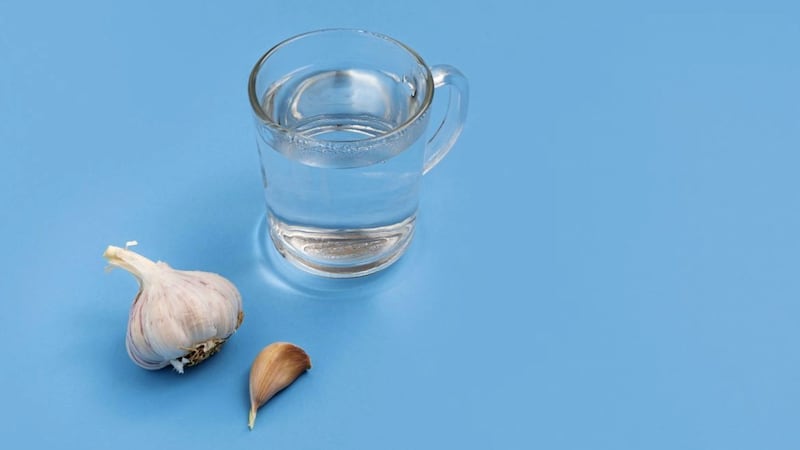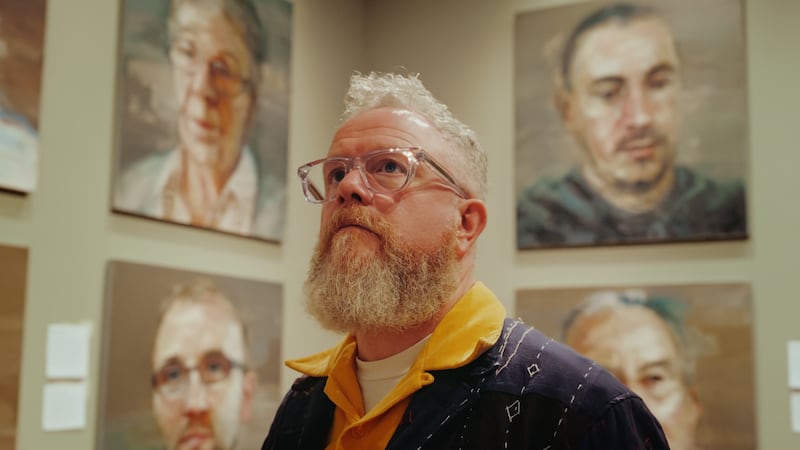THE biggest global health crisis for decades has brought about swathes of health advice, but how do you know what's reliable and accurate? It isn't always easy – especially when a figure as influential as the US president has made the potentially fatal suggestion of injecting disinfectant as a possible remedy.
Researchers have conducted a large international study to assess how much wrong advice surrounding Covid-19 food and eating practices is actually believed. The study, launched shortly after the start of lockdown by University College London (UCL) and The Health Sciences Academy (HSA), found potentially harmful misconceptions about nutrition and Covid-19, including nearly half (43 per cent) of the 3,781 respondents wrongly believing it's safe to eat fruit and vegetables washed with soap or diluted bleach, and a small minority (3.3 per cent) even dangerously thinking gargling with bleach will kill the virus.
"It deeply worries me that potentially harmful dietary practices are being adopted by masses of people based on widespread advice that is erroneous, pulled out of context, or silent about objective health risks," says study co-author Alex Ruani, chief science educator at the HSA and a UCL doctoral researcher.
"When we accept potentially harmful nutrition information and dietary advice as 'safe' and as 'true', when we aren't told about the side-effects or contra-indications, and when we change our food choices as a result, our risk of health harm escalates."
Encouragingly, 96 per cent of the study participants believed that to reduce the risk of Covid-19 infection, they should avoid direct contact with people delivering groceries or packages, and wash hands thoroughly after bringing in packages or grocery deliveries.
"Most people understand the importance of social distancing in preventing the spread of Covid-19," stresses study co-author Professor Michael Reiss of the UCL Institute of Education. "However, there are important misunderstandings about the implications of food and eating practices. Governments can help allay fears and reduce Covid-19 transmission by promoting clear public health messages about food and eating,"
Here, Ruani outlines seven potentially harmful misperceptions about health and nutrition in relation to Covid-19...
1. Washing food with diluted bleach
The UCL/HSA study found 43 per cent of participants wrongly believed it is safe to eat fruits and vegetables washed with soap or diluted bleach, supposedly to remove potential Covid-19 viral particles. "It's not safe to wash your fresh produce with soap or diluted bleach," says Ruani.
2. Flushing out coronavirus with water
More than a fifth (21 per cent) of people questioned wrongly believed drinking water flushes all Covid-19 viral particles into the oesophagus and then into the stomach, where they think they're completely disintegrated by gastric acid.
3. Neutralising coronavirus with bleach
A small minority of people (3.3 per cent) wrongly believed you can protect yourself from the novel coronavirus by gargling bleach. In fact, the reality is that gargling bleach may cause poisoning, rather than act as a health aid.
"People can die from following harmful health advice, and sadly government officials are not exempt from spreading risky misinformation," says Ruani.
4. Huge vitamin doses
Taking mega-doses of concentrated vitamin C (8g and above) or vitamin D (10,000 IU and above) isn't proven to stop people getting Covid-19, or to treat the virus, warns Ruani.
5. Eating herbs and spices
Another unproven treatment for Covid-19 is eating herbs and spices, such as garlic, ginger, oregano or chilli. Ruani says there is no evidence for this.
6. Liquid 'cures'
Ruani stresses there's also no evidence that gargling alcoholic drinks like vodka or dental mouthwash, or sipping hot drinks such as tea and broth will affect coronavirus.
7. Cold 'cure'
There's also no evidence that avoiding cold drinks and cold foods, such as ice-cream, will affect the virus. "There are numerous examples of unproven Covid-19 preventative methods and cures that are being disseminated since the global outbreak," says Ruani. "These will neither stop you from catching Covid-19 nor make you immune against it."








